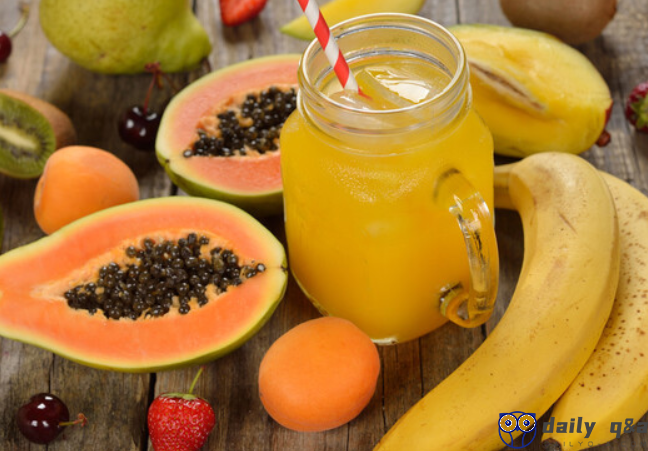Although potassium is a trace element, it is also necessary for our human body. Usually we can supplement it through diet. So what is potassium food? Let's take a look at it.

Potassium is an essential trace element in the human body. Although the content of this kind of trace element is very small in human body, it has an extraordinary impact on human health. If the body lacks potassium, a series of pathological phenomena will appear. When the human body is lack of potassium, the muscle weakness of the limbs may occur. The muscle weakness usually starts from the lower limbs and extends to the upper limbs. It is bilateral symmetrical and heavier at the proximal end. When it is lower than 2.5ml, the muscle of the limbs is the most prominent, and the tendon reflex is slow or disappeared. When the respiratory muscles are involved, it can cause dyspnea. At the same time, potassium deficiency can also cause palpitation and arrhythmia. In severe cases, atrioventricular block, ventricular tachycardia and ventricular fibrillation may occur, and finally the heart stops beating in the systolic state. Some foods are rich in potassium, which can supplement the human body with sufficient potassium.
For example, all kinds of beans, bean curd skin, lotus seeds, peanuts, mushrooms, laver, kelp, mustard, etc., contain more than 1000 mg of potassium per 100 grams of food. The second is potato, potato, bamboo shoot, spinach, black jujube, agaric, ham, pork floss, eel and so on. The potassium content in every 100 grams of food is more than 500 mg.
In addition, some fruits are also potassium containing foods. Such as banana, banana potassium content is particularly high. The potassium content of every 100 grams of fruit is 330 mg in banana and lower in other fruits, such as 119 mg in apple, 92 mg in pear, 166 mg in peach, 104 mg in grape and 87 mg in watermelon. And mango. From the point of view of traditional Chinese medicine, mango is sweet and slightly sour, which can produce fluid and quench thirst, diuresis, and stop vomiting. It can be said to be the most natural prescription for treating carsickness. From the point of view of modern nutrition, mango is rich in vitamin A, C, carotene, potassium, crude fiber and so on. The content of vitamin A is one of the highest in all fruits. Vitamin C is twice as much as banana and pineapple. Vitamin A and C are important antioxidant nutrients.
Copyright notice
This article only represents the author's point of view, not the standpoint of this station.
This article is authorized by the author and cannot be reproduced without permission.